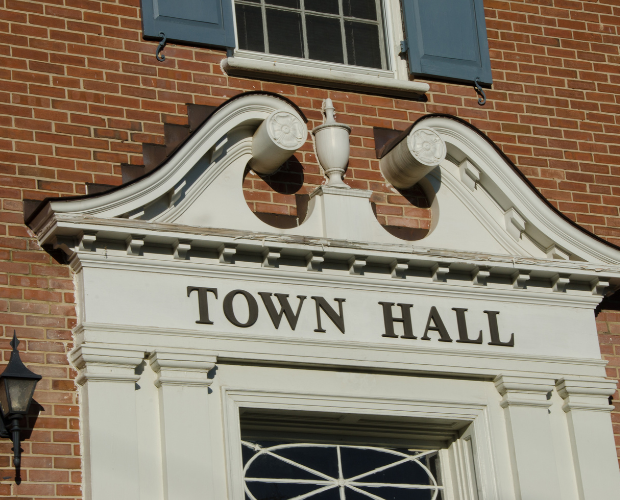T: 01822 851370 E: [email protected]
Communities battered on rural funding
RURAL people are continuing to get a raw deal on essential public services because government funding unfairly favours larger towns and cities.
The Rural Services Network says countryside communities are losing out on important funding for local authorities, including for services such as Adult Social Care, Public Health and Schools – as well as the NHS, Police and Fire and Rescue Services.
This, they say, is not new but a case of longstanding historic underfunding.
The network says government funding to local government is distributed in such a way that rural people end up paying more council tax than urban people yet receive fewer local services.
Network chief executive Graham Biggs MBE said: "This is fundamentally unfair – the system should take full account of higher service delivery costs in rural areas."
In 2014/15, for example, fire and rescue services in urban areas received 37% more in government grant funding per head of population than Fire and Rescue services in predominantly rural areas.
The network's warning comes hot on the heels of a warning by Doctors that NHS services in rural areas are being underfunded by hundreds of millions of pounds each year.
Similarly, although the Police Allocation Formula contains a factor that accounts for rurality - population sparsity, the formula perversely favours metropolitan areas as pointed out this week by the Police and Crime Commissioner for Devon & Cornwall.
Mr Biggs said: It is widely accepted that those delivering services to scattered rural populations face very significant extra costs but the funding formulae fail to properly reflect this."
He added: "It is not just so-called 'super sparse' local authorities and other service providers which must meet substantial additional costs; all predominantly rural and some significant rural authorities/service providers must do so."
A recently introduced £15.5m Rural Services Delivery Grant to reduce the disparity between town and country for some local government services was worth just £1.10 per head in those rural authorities receiving it, said Mr Biggs.
This was tiny when set alongside the £178 per head difference in government grant to urban areas compared to rural, he added.
Mr Biggs said: "In 2012 the government increased the allowance for sparsity in the local government formulae and exemplified a gain of £247M to 170 rural authorities by that move.
"However, in the final settlement, some 75% of that was lost.
"That increase for sparsity was a start to put right historic wrongs and we call upon the government to give us (rural authorities) what it owes us without delay"
Beverley and Holderness MP Graham Stuart, who is chairman of the Parliamentary Fair Share Campaign, said: "Whatever funding formula you look at, rural areas lose out.
"Rural residents, on average, earn less than their urban counterparts, are older, pay higher council tax and receive fewer services.
"It's an inequitable settlement and, given the state of the public finances, can only be fixed through redistribution, not new money.
"After the recent general election there is now an even more powerful group of MPs from across the parties determined to see this situation sorted out.
"We believe it must be a priority for the government to make significant progress rebalancing next year's settlements across a number of public services."
SIGN UP TO OUR NEWSLETTER
Sign up to our newsletter to receive all the latest news and updates.









